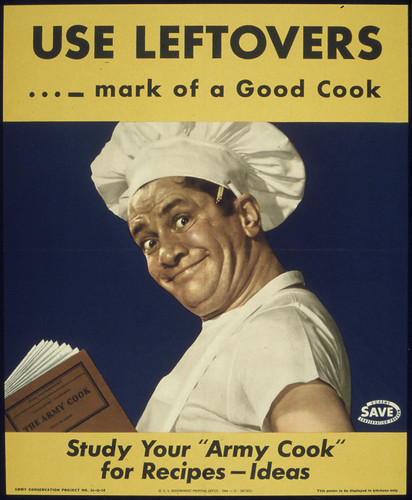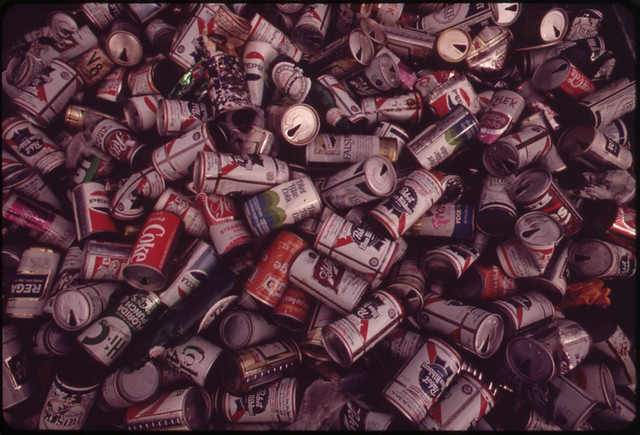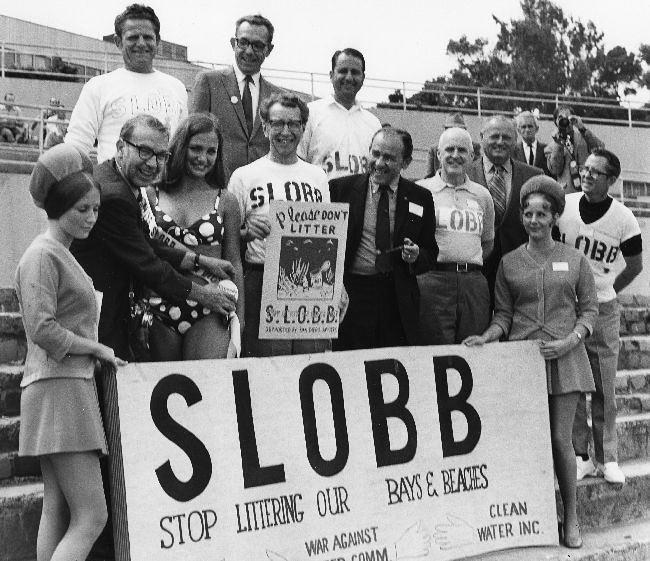 |
| By The U.S. National Archives |
I think, and I could be wrong, that today's society sees rationing as a sign of poverty or weakness--a holdout of that dark time in America. Counter to reason, when today's unemployment rates are so high and prices are soaring, all the new stuff is disposable, and it gets disposed of, or thrown on the ground. Even the earth's good, fresh water gets a disposable feeling to it once we put it in a plastic bottle. This is taken as sign of affluence and success.
But true success doesn't come from making sure you clean up your extravagant messes. It comes from not making the mess in the first place. Many Americans take great, albeit strange, pride in their trash, and feel they are entitled to do with it as they please. If anyone tells them otherwise, they become defensive, just like the possessive toddler who refuses to flush her bowel movement down the toilet. So, out the window the plastic bottle of fresh water goes, to flow into the storm sewer, to the river, to the sea, joining the flotilla of plastic bottles, because that's the owner's self-given right.
I am not implicating you, the reader, in actual littering. But, how much of what we buy and therefore promote is made to be thrown away and encourages littering in others? Do we take so much pride in the disposability of everything that we have lost touch with the reality that it's dangerous to the planet? By buying disposables, are we supporting a garbage-based society? It sure looks like it when I walk my dog and come home with hands full of litter.
 |
| By The U.S. National Archives |
Isn't one man's trash actually everyone's treasure? The wealth of our nation, I daresay "world," is going in the dump, on the ground, or worse. According to Anu Agarwal, CEO of TheGreenEcostore.com,
"A common estimate is that the global consumption of plastic bags is more than 500 billion annually — that's almost a million plastic bags used per minute. But only 1 per cent is recycled. Plastic can take up to 1,000 years to break down, so even when an animal dies and decays after ingesting some, the plastic re-enters the environment, posing a continuing threat to wildlife,"
 |
| By San Diego Air & Space Museum Archives |